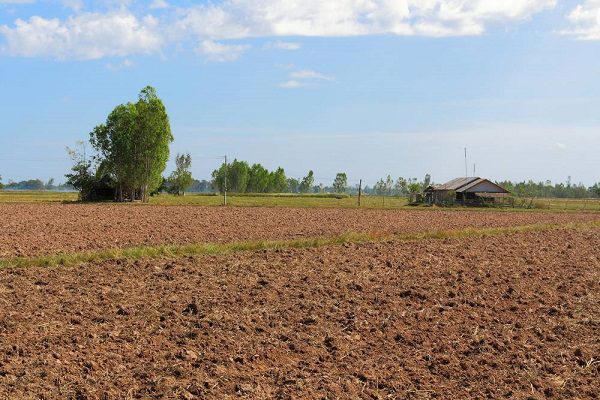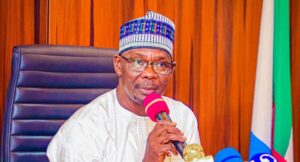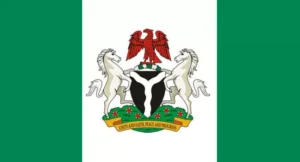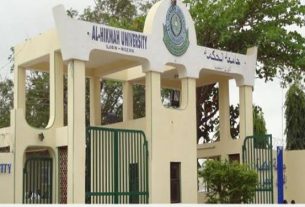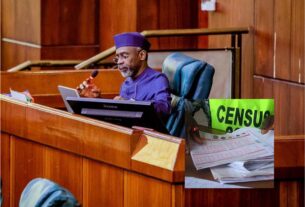Sir: Land titling is the transfer of land ownership to individuals, organizations or entities through the issuance of legal titles or documents. There is convincing evidence that this process enhances security of tenure, facilitates land transactions, and has had diverse impacts on loan availability, investment incentives, higher output, incomes and family wealth, social security and economic development around the world.
It is worrisome that in Nigeria, in real estate documentation is still characterized by confusion and disorder. More worrisome is the fact that about 90% of land in Nigeria is unregistered and untitled. With over $300 billion in dead capital tied up in undocumented land, the nation’s vast land assets are not economically viable, and do not boost states’ revenue.
Government has enormous responsibilities and obligations, such as provision of infrastructure and social amenities for the people and for the betterment of the society. For government to be alive to the responsibilities, there must be unhindered flow of revenue from multiple sources. Land titling is a good economic tool, with potentials to significantly boost the states’ revenue, enhance the value of properties and transaction in the marketplace, if it is fully harnessed and implemented. Property is a very secured and reliable source of income, particularly through titling and registration.
It is in this light that the strategic move by the Ministry of Housing and Urban Development and the World Bank Group to unlock the several billions of dollars in dead capital tied up in such undocumented land must be commended. In year 2024, the ministry and the World Bank resolved to work together towards addressing the 90% of unregistered and untitled land in Nigeria.
Through the initiative, the ministry in conjunction with the World Bank planned to, amongst other objectives, register, document, and title all land parcels within five years; develop and launch a National Digital Land Information System (NDLIS) and define a framework that would make it accessible to all stakeholders.
The plan also includes an increase in the formalization of land transactions from less than 10% to over 50% in the next 10 years; and train and deploy technically competent land registration officers nationwide. With this, land registration and titling will open up sources of revenue for the states, and would boost their income through ground rent, Certificates of Occupancy, and taxes accruing from increased investments in real estate.
Such funds can be used to support land administration in Nigeria, affordable housing, sustainable financing mechanism, provide urban services in the states of the federation, help to minimize the effect of infrastructure deficit in Nigeria, address the impact of climate change on the urban sector, and engage in urban land management towards the attainment of liveable cities, digitization, among others.
To make the programme effective, the National Land Registration and Titling Programme should partner and collaborate with the state governments. In doing this, government can optimize revenue from titling. State governments should complement the ministry’s initiative by ensuring valuation report on the properties are provided for registration.
Land titles are not just pieces of paper; they are foundational to land governance, development control, and the orderly growth of Nigerian cities. Without proper titling, even the best urban plans collapse under the weight of dispute, delay, and disorganization.
To ensure sustainable development, Nigeria must align its land titling systems with physical planning frameworks. This alignment guarantees legal security, promotes investment, and prevents the urban chaos we see in unregulated areas. The future of Nigerian urban development rests on the strength of its land titles.
•Wesey Titilayo Folashade, Lagos.

